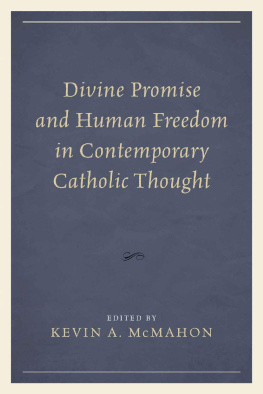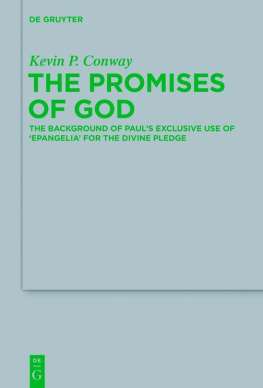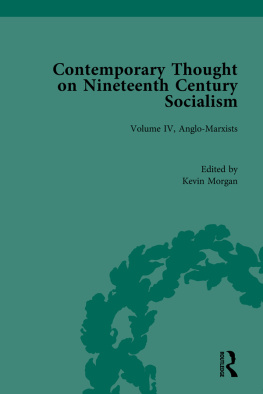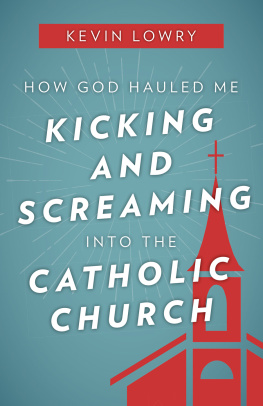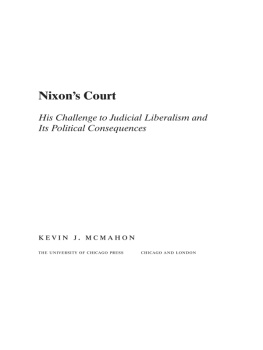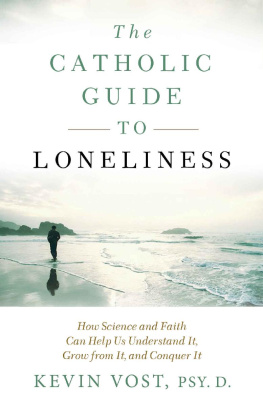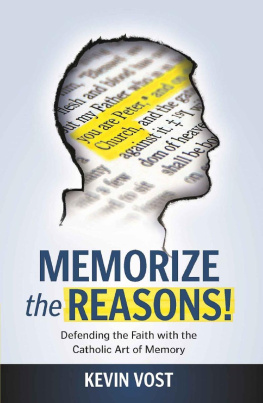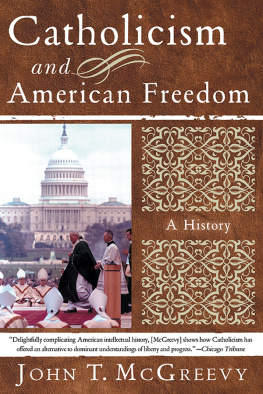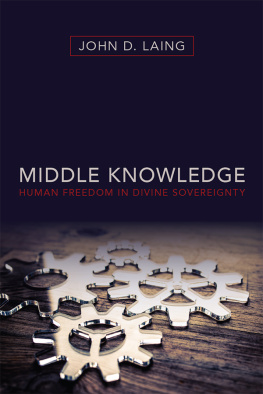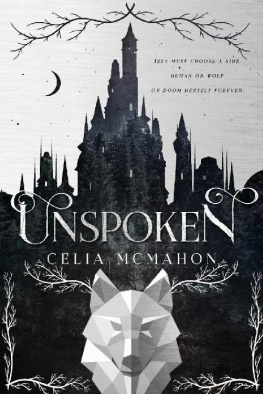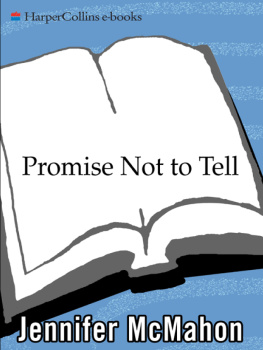Kevin A. McMahon (ed.) - Divine Promise and Human Freedom in Contemporary Catholic Thought
Here you can read online Kevin A. McMahon (ed.) - Divine Promise and Human Freedom in Contemporary Catholic Thought full text of the book (entire story) in english for free. Download pdf and epub, get meaning, cover and reviews about this ebook. year: 2015, publisher: Lexington Books, genre: Religion. Description of the work, (preface) as well as reviews are available. Best literature library LitArk.com created for fans of good reading and offers a wide selection of genres:
Romance novel
Science fiction
Adventure
Detective
Science
History
Home and family
Prose
Art
Politics
Computer
Non-fiction
Religion
Business
Children
Humor
Choose a favorite category and find really read worthwhile books. Enjoy immersion in the world of imagination, feel the emotions of the characters or learn something new for yourself, make an fascinating discovery.
- Book:Divine Promise and Human Freedom in Contemporary Catholic Thought
- Author:
- Publisher:Lexington Books
- Genre:
- Year:2015
- Rating:4 / 5
- Favourites:Add to favourites
- Your mark:
- 80
- 1
- 2
- 3
- 4
- 5
Divine Promise and Human Freedom in Contemporary Catholic Thought: summary, description and annotation
We offer to read an annotation, description, summary or preface (depends on what the author of the book "Divine Promise and Human Freedom in Contemporary Catholic Thought" wrote himself). If you haven't found the necessary information about the book — write in the comments, we will try to find it.
Divine Promise and Human Freedom in Contemporary Catholic Thought — read online for free the complete book (whole text) full work
Below is the text of the book, divided by pages. System saving the place of the last page read, allows you to conveniently read the book "Divine Promise and Human Freedom in Contemporary Catholic Thought" online for free, without having to search again every time where you left off. Put a bookmark, and you can go to the page where you finished reading at any time.
Font size:
Interval:
Bookmark:
Divine Promise and Human Freedom in Contemporary Catholic Thought
Divine Promise and Human Freedom in Contemporary Catholic Thought
Edited by Kevin A. McMahon
LEXINGTON BOOKS
Lanham Boulder New York London
Published by Lexington Books
An imprint of The Rowman & Littlefield Publishing Group, Inc.
4501 Forbes Boulevard, Suite 200, Lanham, Maryland 20706
www.rowman.com
Unit A, Whitacre Mews, 26-34 Stannary Street, London SE11 4AB
Copyright 2015 by Lexington Books
All rights reserved. No part of this book may be reproduced in any form or by any electronic or mechanical means, including information storage and retrieval systems, without written permission from the publisher, except by a reviewer who may quote passages in a review.
British Library Cataloguing in Publication Information Available
Library of Congress Control Number: 2015939220
ISBN: 978-1-4985-0035-7 (cloth: alk. paper)
ISBN: 978-1-4985-0036-4 (ebook)
 TM The paper used in this publication meets the minimum requirements of American National Standard for Information Sciences Permanence of Paper for Printed Library Materials, ANSI/NISO Z39.48-1992.
TM The paper used in this publication meets the minimum requirements of American National Standard for Information Sciences Permanence of Paper for Printed Library Materials, ANSI/NISO Z39.48-1992.
Printed in the United States of America
For Donald J. Keefe, SJ
Priest, Scholar, Friend
The enthusiasm shown by the contributors for a collection reflecting the interests and insights of Donald J. Keefe, SJ, came as no surprise, but I am truly grateful for the scholarship and hard work that is so evident in their essays. I would also like to thank Eric Wrona, acquisitions editor at Lexington Books, for his support for the project, and Genevieve Ali, Carissa Marcelle, Alissa Parra, and Emily Frazette for their ready and unflagging help over the course of many months, preparing the text for publication. Finally, I thank Saint Anselm College whose award of a sabbatical leave during the spring 2014 semester made completing this volume possible.
From its inception Christianity has been concerned with life, with human existence, and with the promulgation of the otherwise unknowable truth about human existence. Coming into contact with the ancient cultures of the Mediterranean world, it was only natural that Christianity would enter into dialogue with philosophy in whose schools that worlds questioning about reality and the divine, and whether human beings can know what is real and how to live well, found systematic expression. And when classical culture passed away in the West, it was Christian schoolsmonastic schools, then cathedral schools, then universitiesthat continued to pose the classical questions, now from the standpoint of Christian faith.
What developed was a distinctively Christian worldview in which notwithstanding its emphasis on the one God who has made all things and who is literally, if in mystery, transforming all things, the agency of the human was placed alongside the divine at the center of visible creation. The foundation of this Christian humanism was the claim that with Christ there is a single identity and a single life that exists as created and uncreated, divine and human; and with Christian humanism there came into prominence the category of history, understood as the sequence of events shaped by human decision. Of course, the personal history of Jesus Christ was of cardinal importance. It was the key to understanding the meaning of all other history. As he himself had one life with God, each person was called to make the free commitment, the decision of faith, whereby one would enter into the life of Christ. This was the new Christian ontology, the Christian doctrine of being: to be, on the highest level, is to exist in differentiated unity. The one God is and is one, precisely in the unity of Father, Son, and Spirit. Grace is the divine offer of participation in the divine existence. It is the Fathers offer of participation in the life he has with the Son, and the offer is made through his Son who is Christ.
Christs life is the fruit of grace, the source of grace, the embodiment of grace. Grace was at work in his teaching and in the decision made by believers for both the teaching and the teacher. The community of believers, the Church, forming a life running even more deeply than the life of Israel, is the historical continuation of the life of Christ, passing on his teaching as he had passed on the teaching that was the gift of Israel; and, according to the Catholic doctrine of the sacraments, acting as mediators, in Christ, drawing others here and now into the life of Christ.
By the sixteenth century philosophy had re-emerged as an innovative effort to know existence and the real, but on grounds divorced from Christian faith. From Bacon, Descartes, Hobbes, and Locke, to Leibniz, Hume, Kant, and Hegel, thinkers framed their questions in a manner that was sometimes under the influence of classical philosophy, sometimes in response to medieval and baroque predecessors, and sometimes a matter of striking out on their own; from a vantage point that was sometimes as broad as that found in the earlier Catholic tradition and sometimes considerably more narrow. Often, though, their objective was to fashion an accounting that was comprehensive and systematic. Indeed, their efforts proved to be so persuasive that in the nineteenth century, the age of Darwin and Marx, with Christianity receding to the margins of European cultural life, Catholic intellectuals sought to construct their own philosophical and theological systems founded on giants of old, Augustine and Aquinas, for the sake of bringing Christ back to the center.
Fergus Kerr showed in Twentieth-CenturyCatholic Theologians that the great Catholic scholars of the recent pastde Lubac, Congar, Schillebeeckx, Lonergan, Rahner, Balthasarwhile less interested in building systems, carried on more avidly than ever the Christian tradition of dialogue with the wider currents of human thought, both learning from the work of Nietzsche, Husserl, Heidegger and Wittgenstein, and at times displaying greater confidence in what it is possible for us to know, pushing beyond the questions of their secular counterparts. Even more significant were the insights they gained from their study of fellow Christiansincluding Bultmann, Barth, and Tillich. There are no Americans in Kerrs survey, though the Canadian Bernard Lonergan did teach for several years at Boston College until just before his death in 1984. The purpose of this collection, however, is to demonstrate that the same values that have perennially characterized Catholic intellectual life are to be found in the work of American Catholic academics.
It was fifty years ago that the Second Vatican Council, which Kerr notes was a watershed event in Catholic life and thought, finished its work. Joseph Lienhards essay shows the degree to which the Council Fathers, who were so anxious to address the problems facing the Church in the contemporary world and once again make the case for Christ, relied upon tradition, and in particular on the writers of the early Church, who themselves were immersed in the biblical and the liturgical traditions. David Meconi explains how theurgia (sacred works), a pagan term roundly condemned by Augustine for its reference to the rites that were performed to secure the good favor of the gods, could fewer than one hundred years later be used by Dionysius the Areopagite to mean Gods work, carried out above all in the Incarnation and continued in the Eucharist, through which God establishes his koinonia, reuniting a fragmented humanity, integrating the Church, and effecting our human communion with the divine.
Next pageFont size:
Interval:
Bookmark:
Similar books «Divine Promise and Human Freedom in Contemporary Catholic Thought»
Look at similar books to Divine Promise and Human Freedom in Contemporary Catholic Thought. We have selected literature similar in name and meaning in the hope of providing readers with more options to find new, interesting, not yet read works.
Discussion, reviews of the book Divine Promise and Human Freedom in Contemporary Catholic Thought and just readers' own opinions. Leave your comments, write what you think about the work, its meaning or the main characters. Specify what exactly you liked and what you didn't like, and why you think so.

